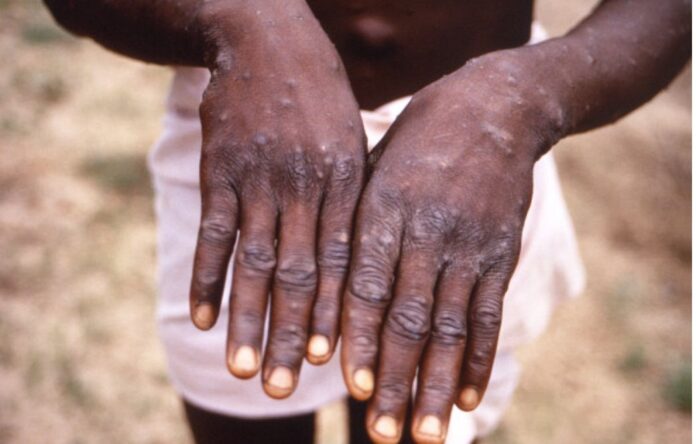Health authorities in the Ashanti Region are ramping up surveillance on Mpox, though the region has yet to record any case.
The Ghana Health Service says the region is on high alert as part of broader national efforts to contain the spread of the disease.
Speaking at a media briefing in Kumasi, the Ashanti Regional Director of Health Services, Dr. Fred Adomako Boateng, revealed that ten suspected cases have been tested in the region so far, all returning negative.
“Currently we have recorded some cases of MPOX in the country. As I speak, in the Ashanti region we have suspected 10 of them but all of them are negative,” he disclosed.
Dr. Adomako Boateng emphasized that the disease, which spreads through close physical contact, requires clinicians to conduct thorough examinations, including of private and less-visible areas, to detect early signs of the infection.
“Because Mpox is transmitted through physical close contact, we entreat our clinicians and other people that when you’re examining people, make sure that you examine the private areas and the inner areas, because they can also have the rashes there and they are absent in the other places,” he urged.
He also noted that people with underlying health conditions are at higher risk of severe illness and encouraged the public to manage any existing medical issues effectively.
“People who have other challenges are likely to have it and when they have it, they tend to develop severe forms of the disease. So, make sure when you have any other problem, you are on your medications,” he added.
While there is currently no vaccine in use in Ghana, Dr. Adomako Boateng assured that measures have been taken to manage suspected cases across health facilities.
“For all the hospitals and facilities, we have sent an alert note… Every facility is also to ensure that they have what we call an isolation area, so that when someone is presented with this and you think it’s likely to be Mpox, you make sure at least that person is taken from the general OPD area and taken there,” he said.
Health officials continue to monitor the situation closely and are urging the public to report symptoms and avoid close contact with anyone suspected of being infected.




